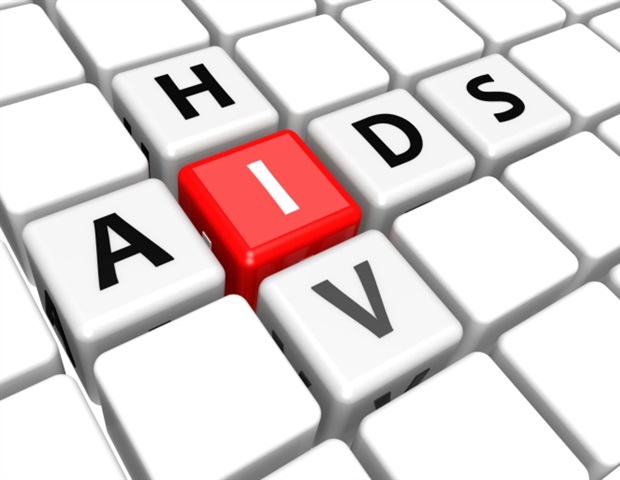African nations must take ownership of HIV response to reduce disease burden

Africa must take ownership of its HIV response, write Izukanji Sikazwe and Magda Robalo, co-chairs of the African-led HIV Control Working Group.
The sense of urgency around HIV has waned as it competes with other global crises for attention and funding, leading to a dangerous setback in the HIV response.
Twenty-three years after it first featured in the global agenda at the United Nations General Assembly (UNGA), leading HIV experts in Sub-Saharan Africa reflect on the diminished priority of the ongoing HIV epidemic, which continues to impact millions across Africa, with new cases and deaths each year.
While global targets provide an important common goal to work towards, we must not let the numbers obscure the lives and experiences at the heart of the HIV epidemic.
In 2001, UNGA held its first Special Session on AIDS, galvanising global commitment and solidarity.
Since then, the global HIV response has seen remarkable progress and the successes are to be celebrated.
In the last two decades, Africa has expanded access to lifesaving antiretroviral therapy, reduced AIDS-related deaths, and witnessed huge declines in annual new HIV infections. It saw a 65 per cent of people living with HIV are in the African region. And 16 per cent short of the funding needed to meet the 2025 UNAIDS target.
And in Eastern and Southern Africa, funding allocations are largely on track with global targets, although only a handful of countries (Botswana, Kenya, and South Africa) account for a large portion of the funding.
If we are to secure and sustain our hard-won gains, we must ramp up domestic resource mobilisation.
Africa-led HIV response
The HIV response must also evolve in line with the changing global economic landscape and demographic composition. We need a truly African-owned and led HIV response that is sustainable and in tune with local needs, priorities, and contexts.
For it to be truly African-owned and led, we must lead from the front, financing and driving the agenda in our HIV response.
Today, one of the biggest setbacks to the HIV response is chronic underinvestment from African nations themselves.
In the face of rising debt distress across the continent, advocating for African governments to prioritize and take ownership of HIV financing is not an easy ask.
We need to be both practical and innovative about how African countries prioritise HIV financing and can look to innovative financing solutions such as strategic taxes, diaspora bonds, co-financing mechanisms, and debt restructuring.
Regional cooperation and coordination, such as the creation of an African-owned regional fund, could also serve as a vital step towards achieving financial independence, fostering resilience, and ensuring that Africa’s health outcomes are determined by Africans.
HIV research and innovation
It is not just funding that Africa is reliant on global countries for, but also HIV commodities and innovations.
While HIV medical innovations have progressed greatly in the last two decades at a global level, cost and access prevent them from fully serving the continent.
There are large gaps between the continent’s healthcare needs and manufacturing capacity – Africa imports Africans are rarely in the role of principal investigator.
Extending African ownership to research, manufacturing, and innovation will help us close the large gaps between the continent’s healthcare needs and the solutions to address them.
We must enhance Africa’s local manufacturing, and re-think intellectual property regulations to ensure greater equity and access.
We need an ecosystem where African researchers can thrive, supporting regional collaborations, standardisation and coordination, and transforming global research partnerships to be more equitable and accountable.
We must also ensure African sovereignty over its health data so that research benefits the continent’s needs.
While global targets provide an important common goal to work towards, we must not let the numbers obscure the lives and experiences at the heart of the HIV epidemic, the people of our beautiful continent.
With the 79th UNGA having drawn to a close, we must hail the successes of global solidarity, but also use this moment to reflect on the power dynamics that continue to underlie global health.
Izukanji Sikazwe is the chief executive officer of the Centre for Infectious Disease Research in Zambia, and Magda Robalo is president and co-founder of The Institute for Global Health and Development of Guinea-Bissau.
They also co-chair the African-led HIV Control Working Group, an independent group working towards building a sustainable, Africa-led HIV response.








